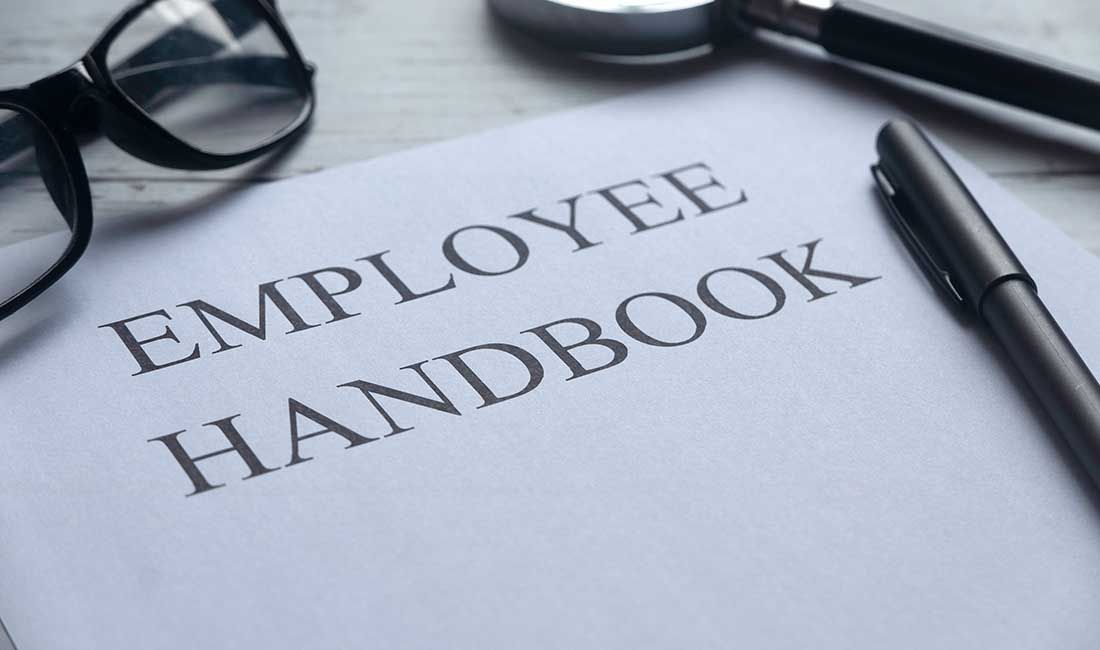The 10 Employment Myths of Christmas

| W.E.U Admin | Workplace Wellbeing
TAGS: Christmas, Workplace
The festive season brings cheer and celebration, but it can also present real HR challenges. Below we debunk the most common misconceptions surrounding Christmas in the workplace to help you manage your team smoothly.
Myth 1: Christmas Decorations Should Not Be Permitted
Many believe that adorning the office with tinsel and fairy lights breaches health and safety rules. In reality, as long as a proper risk assessment is conducted, decorating work areas is perfectly acceptable. For insurance purposes, ensure all electrical equipment is PAT tested and consider guidelines such as using only battery-operated lighting. Remind staff that offensive decorations are strictly prohibited.
For more on festive office guidelines, see our article on Christmas decorations best practices.
Myth 2: Competing Holiday Requests at Christmas All Have to Be Approved
When multiple employees request the same annual leave dates, businesses cannot always accommodate every request unless a full shutdown is planned. A first-come, first-served policy can serve as an objective starting point, though it may be adjusted for religious observances or other critical factors.
Discover more about managing annual leave at Christmas.
Myth 3: Seasonal Staff Don’t Get Annual Leave
Under the Working Time Regulations, all workers—including temporary seasonal staff—are entitled to 5.6 weeks’ paid holiday per year (pro rata). Any unused leave must be paid out upon termination.
Myth 4: There’s a Legal Right to Have Christmas Day Off
Contrary to popular belief, bank holidays are not automatically days off. Employees only have the right to take Christmas Day off if their contract expressly grants this entitlement.
Myth 5: Staff Must Be Paid Double Time for Working on Christmas Day
Unless a contract specifies enhanced rates for bank holidays, there is no legal requirement to pay double time for Christmas Day or any other public holiday.
Myth 6: What Happens at the Christmas Party, Stays at the Christmas Party
Employers can be held vicariously liable for actions at Christmas parties if those actions occur “in the course of employment.” To mitigate risks, conduct a risk assessment, limit alcohol provision, and clearly communicate expected standards of behavior.
Learn more about employer liability at Christmas parties.
Myth 7: Employees Absent from Work Should Not Be Invited to Christmas Events
Excluding those on sick or maternity leave from festive events can lead to discrimination claims. Always extend invitations to absent employees to avoid unintentional exclusion.
Myth 8: We Can Dock Pay if Employees Arrive Late After the Christmas Party
Wage deductions are only lawful if authorised by statute, contract, or with the worker’s prior written consent. Ensure your contracts permit deductions for lateness and that employees are informed of potential consequences.
Myth 9: There’s No Requirement to Pay a Christmas Bonus
If an employment contract or established custom and practice entitles staff to a Christmas bonus, failure to pay can result in claims for unlawful deduction from wages. To retain discretion, clearly state the bonus scheme’s terms and apply them consistently to avoid discriminatory outcomes.
Myth 10: Secret Santas Are an HR Nightmare and Should Be Discouraged
While generally harmless, Secret Santa exchanges can inadvertently cross lines of harassment if gifts relate to protected characteristics (e.g., disability, religion). Remind participants to keep gifts neutral and inclusive.
By understanding and addressing these myths, employers can ensure a festive season that’s both joyful and compliant.
workersofengland.co.uk | Independent Workers Trade Union

















